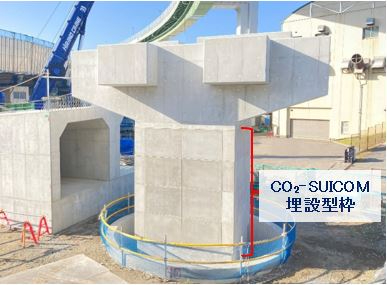J-STORIES ー 島根県の商工会議所などが新しい地元活性化策として、日本で初めてとなるメタバース(仮想空間)での商店街運営に乗り出した。VR(仮想現実)空間でのショッピングを楽しんでもらうだけでなく、セミナーなどのイベントも開催する。メタバースの活用をいち早く推進し、特に10代、20代の若者層を取り込みたい考えだ。
メタバースに「しまね縁結び商店街」を立ち上げたのは、一般社団法人島根城下町食文化研究会 (島根県松江市)、松江商工会議所(同)と出雲商工会議所(同県出雲市)。ガイアリンク社(長野県茅野市)が運営するメタバース「GAIA TOWN」内に同商店街を開いた。6月時点で35店舗が営業している。
店先には高級魚のどぐろや出雲そばなど、島根の様々な特産品が並ぶ。地元銀行や観光連盟などもある。リアルな商店街のにぎわいをバーチャルな世界に再現し、コロナ禍で外出する機会が減った人たちに新しいコミュニティー空間を提供している。

利用者は自分のアバターを作り、ゴーグルなしで商店街の各店舗でのショッピングやイベントを楽しむ。商品を探しながら店員の説明を聞いたり、暮らしに関連する質問をしたりすることも可能だ。訪問客(アバター)数は、開設1週間で1800超を超えた、という。また、6月下旬からは地元の島根大学が研究室を設け、研究発表会などに使うことが決まっている。

島根城下町食文化研究会の代表理事、土江拓也さんは、メタバースという舞台で10代、20代の若者の関心を集め、彼らとのやり取りを今後のマーケティングに活かしていきたいと話した。
さらに、この商店街を商売をするだけの場所にとどめず、自治体の相談窓口を設けたり、非営利団体との協力などを通じ、地域の人々が交流する場としてのコミュニティー機能も充実させていきたい、という。
記事:高畑依実 編集:北松克朗
トップ写真:twenty20photos / Envato
この記事に関するお問い合わせは、 jstories@pacificbridge.jp にお寄せください。
***
***
本記事の英語版は、こちらからご覧になれます。
.jpg)



















![[PODCAST] 如何打造成功的新創企業社群(第2集)](https://storage.googleapis.com/jstories-cms.appspot.com/images/1748493203370business-man-holding-light-bulb-social-network-2024-10-31-22-37-36-utc_smallthumbnail.jpg)


